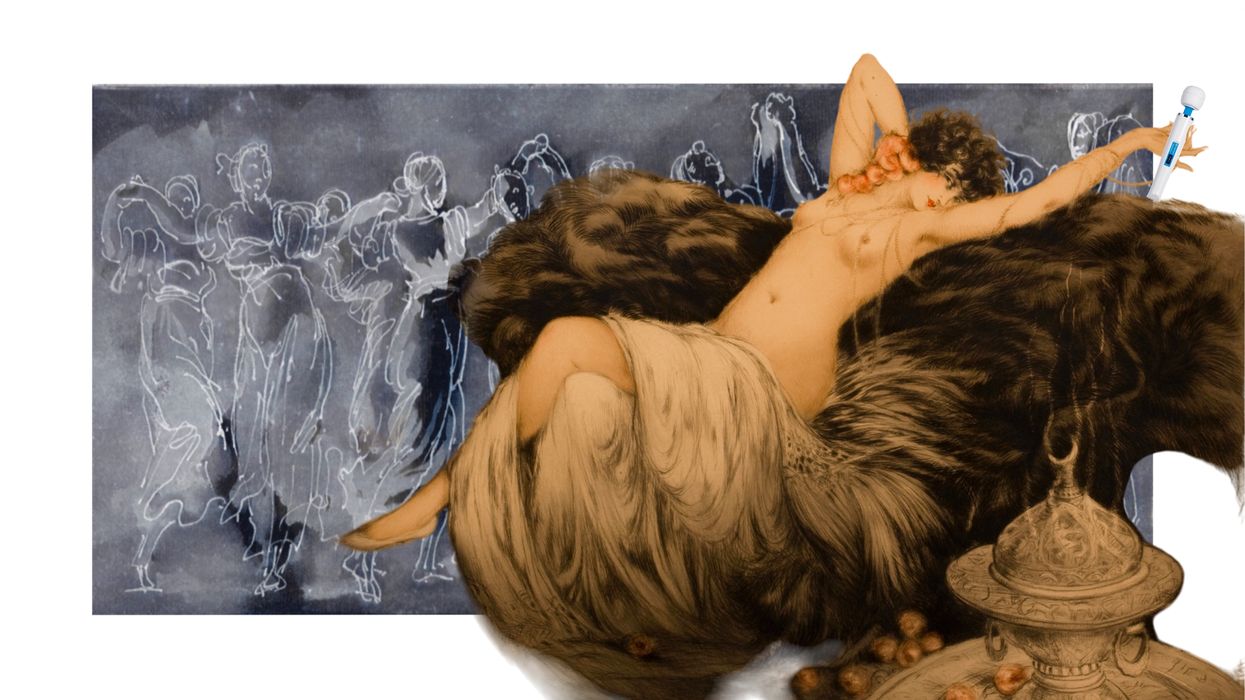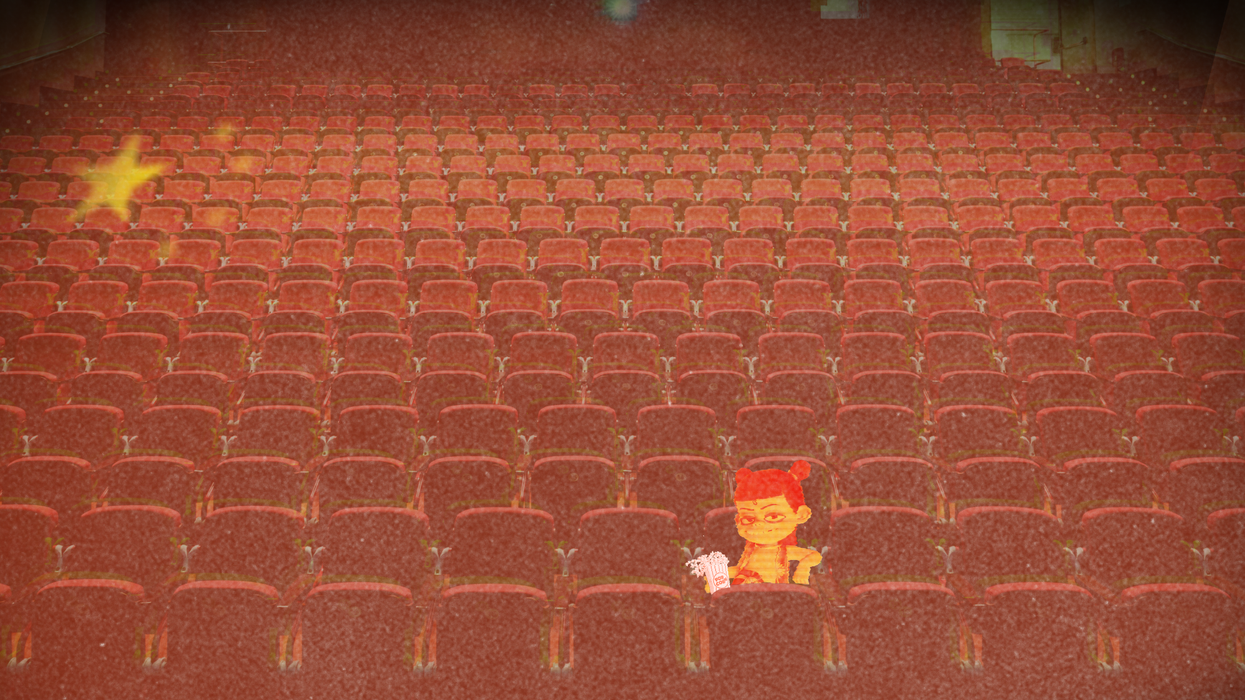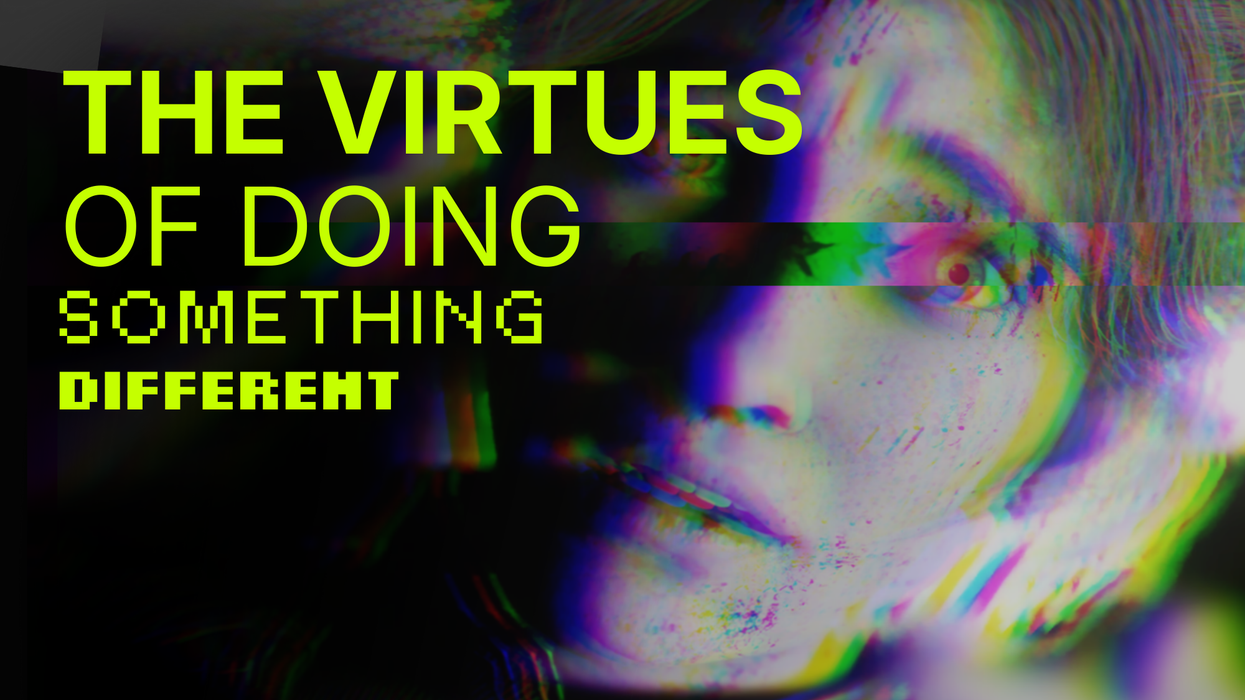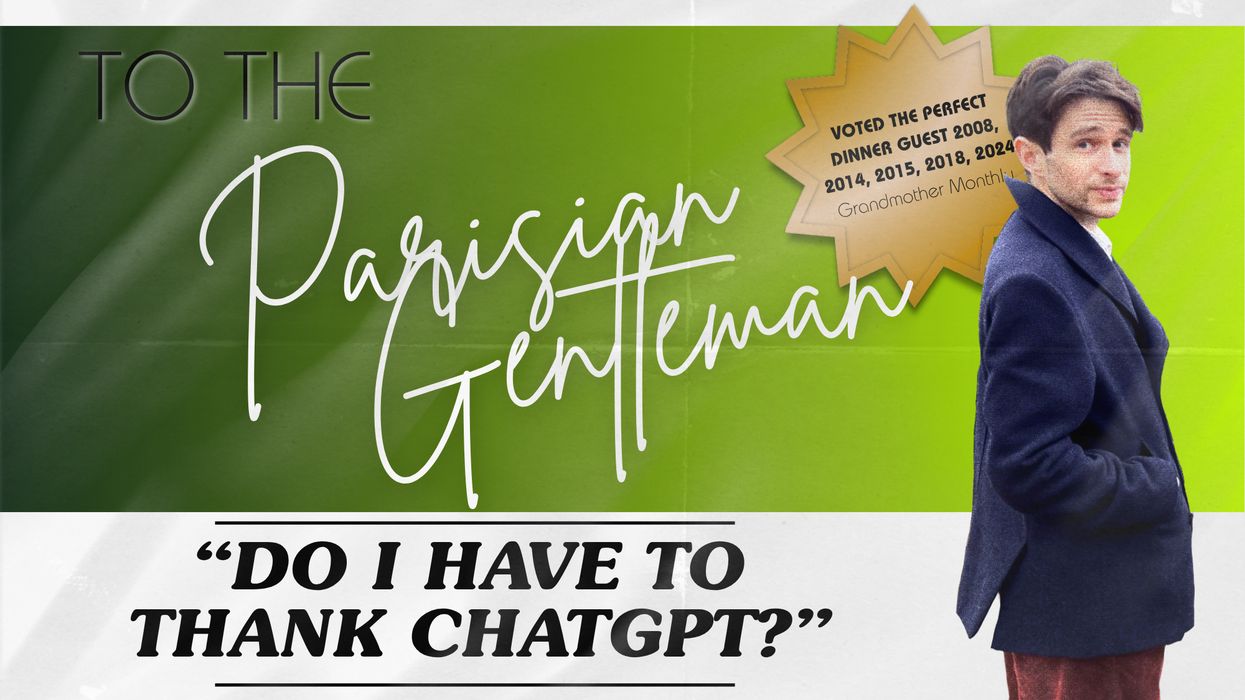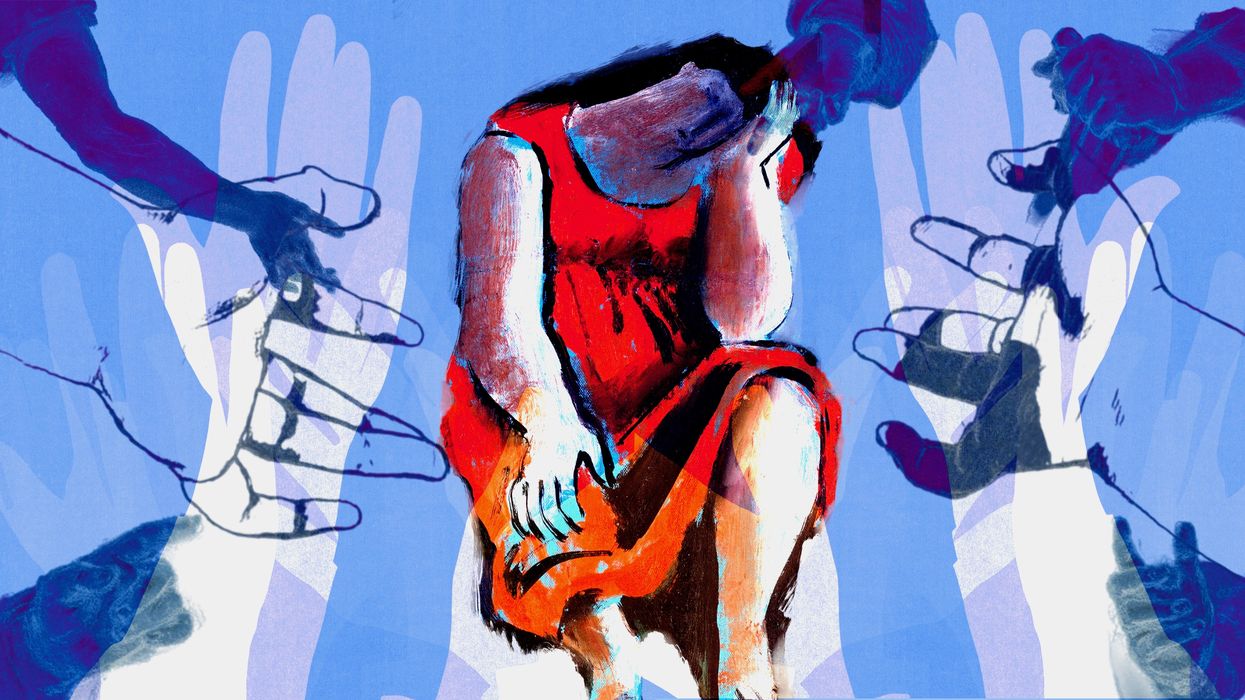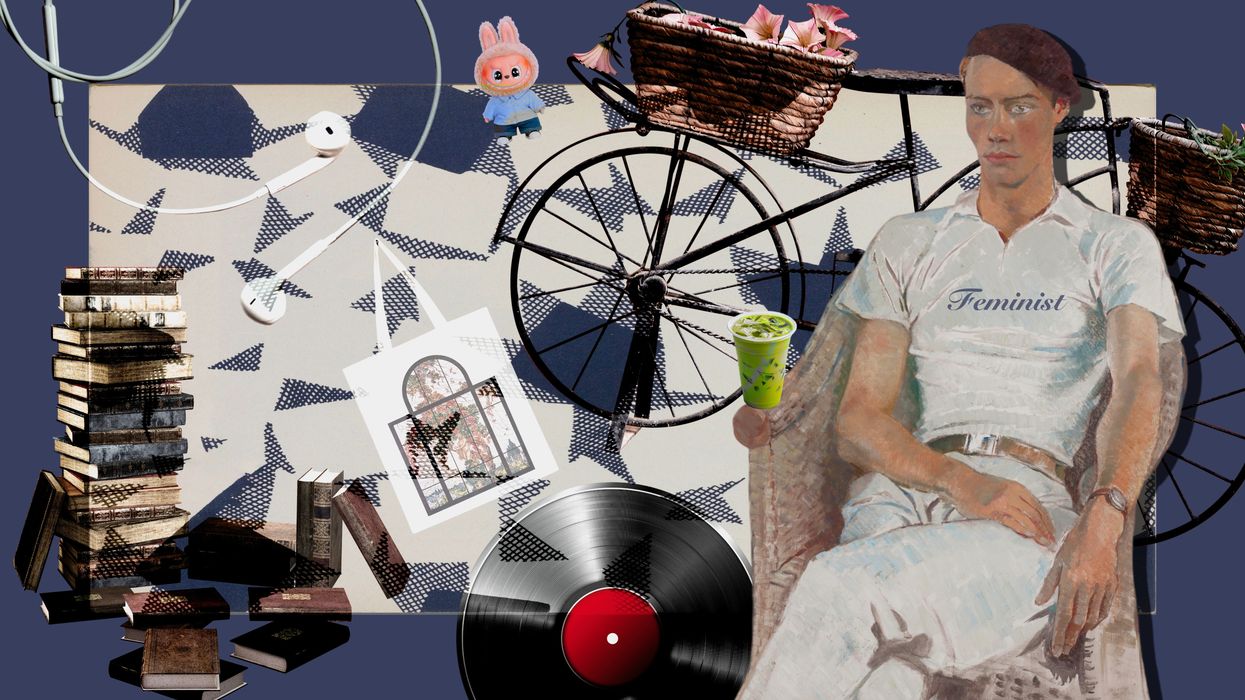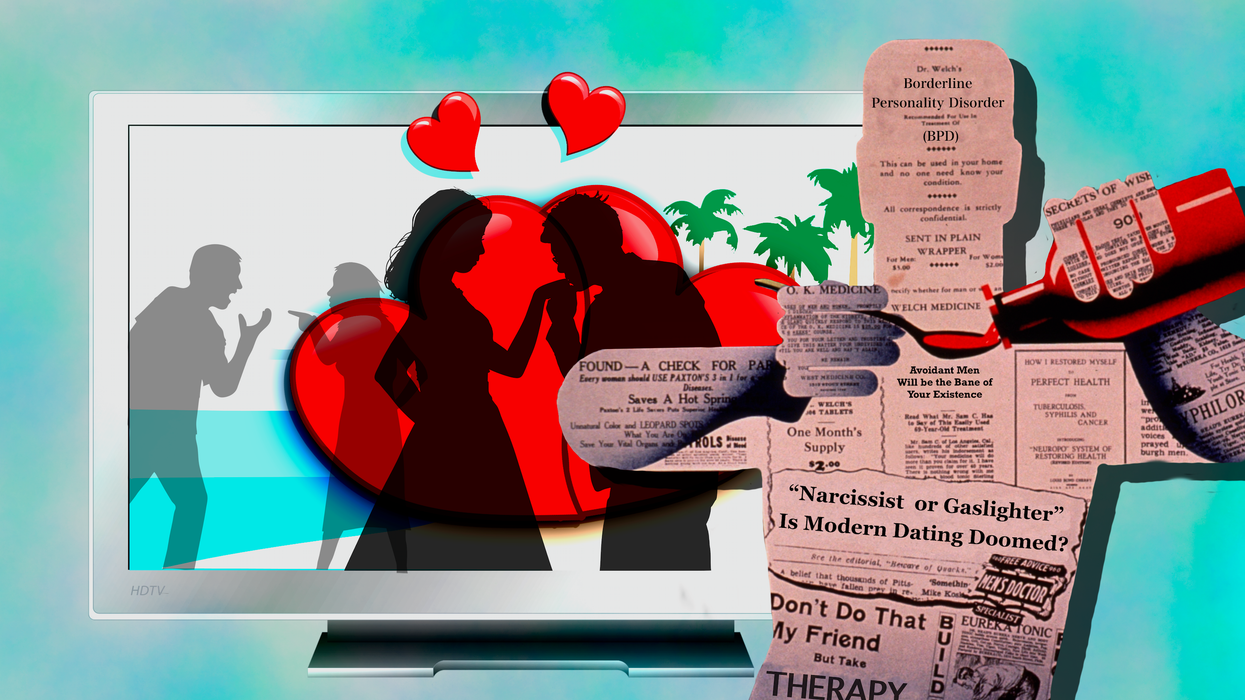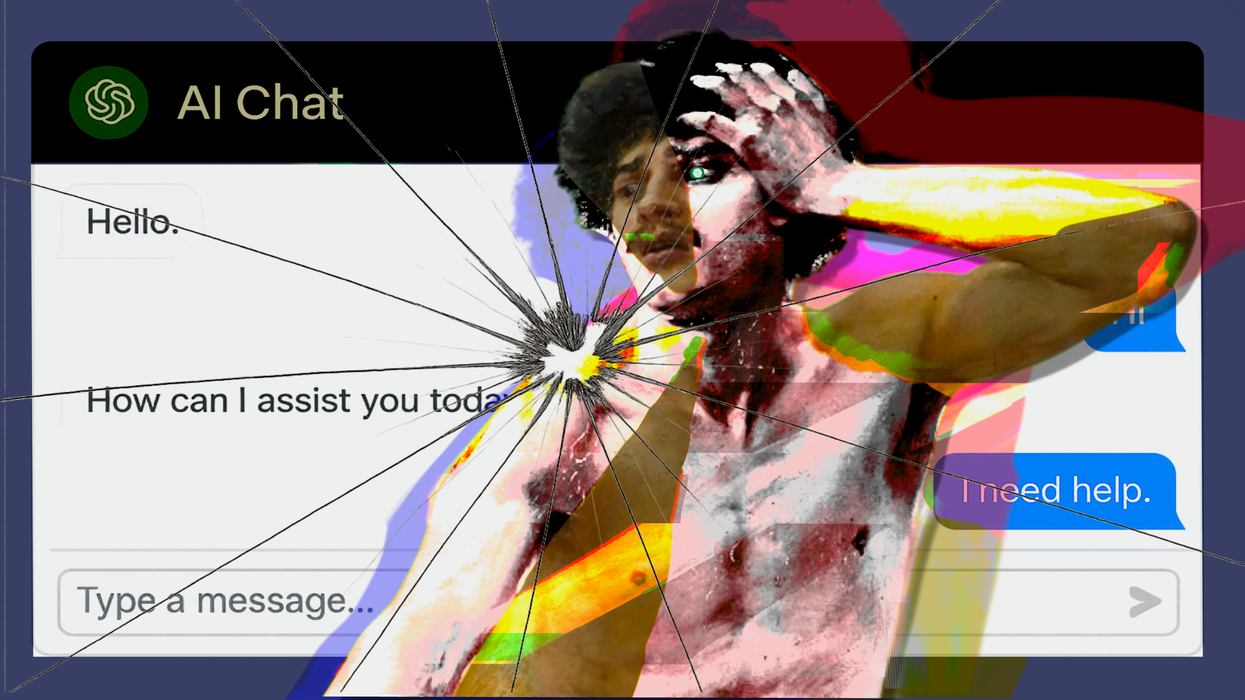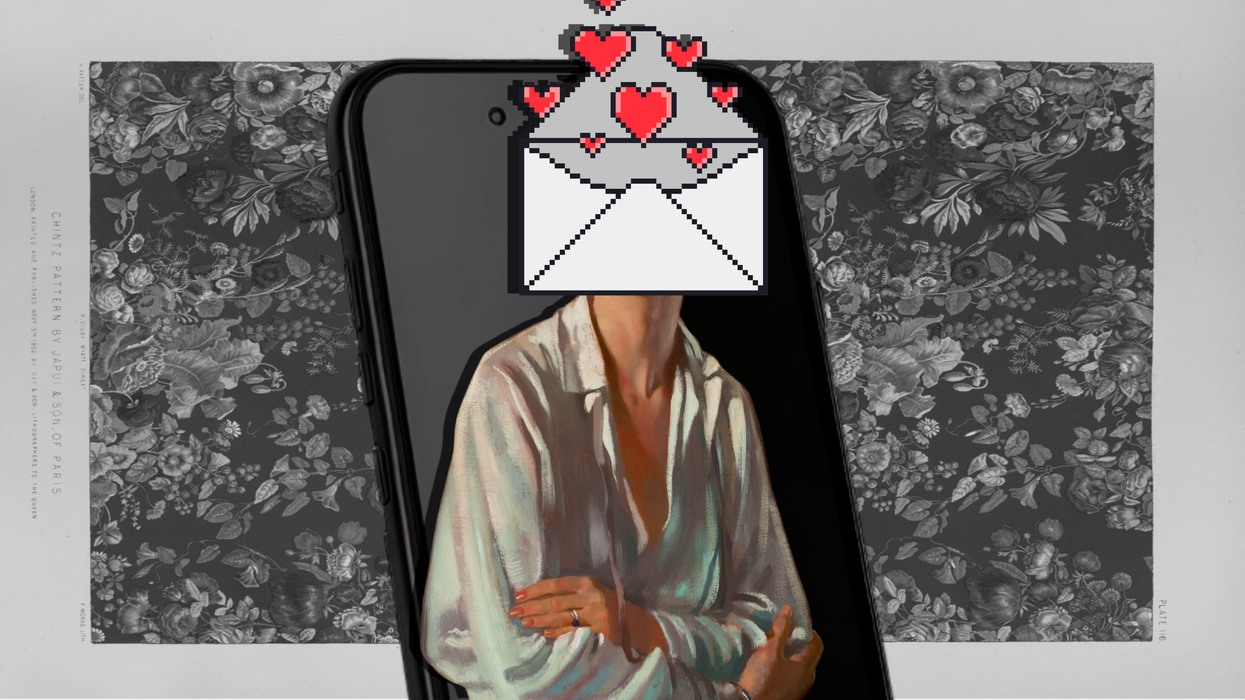Masturbation is cast as a solitary act, reserved for the awkward and perpetually single. A habit hidden beneath shame and heavy blankets, it’s been weighed down by pop culture punchlines and small-minded stereotypes for far too long. But as stigma fades and science steps in, new research says young people think masturbation isn’t about a lack of connection — it’s something that can foster it. And in this era of profound isolation, that has them reaching for the lube.
Gen Z is frequently referred to as the “loneliest generation,” and the data backs it up. Many experts say it comes down to social media, since it’s hard to feel social while constantly scrolling past bad news and curated perfection. But a new wellness study from Magic Wand suggests that masturbation can do more than just make you feel good. By easing loneliness and boosting self-confidence, people who self-pleasure may actually feel more socially connected, not less. And at a time when Gen Z is facing record levels of loneliness and emotional distress, that’s no small claim.
Over three weeks, the sex toy brand surveyed 1,000 participants with vulvas. Each person completed questionnaires during a week of abstinence, a week of daily Wand use and a return to their normal sexual routines, while also tracking their feelings in daily journals. The results? A noticeable boost in self-assuredness and a drop in psychological distress once they started masturbating. What stood out for younger respondents, though, was a shift in social ease, with co-lead researcher Dr. Candice Nicole Hargons noting that confidence in connecting with others rose by a statistically significant amount compared to the abstinence period.
Orgasms come with a long list of well-documented perks, but for Gen Z participants, it was the stress relief and self-confidence boost that made them genuinely more sociable. There’s less mental noise and more sense of self. “Because sexual wellness is tied to everything,” as Mary put it, “And if you don’t feel right sexually, you’re not going to feel right anywhere in your life.”
Like many of her peers, the 21-year-old says that masturbation helps reset her mood, putting her in a better headspace to socialize. It brings her “back to baseline,” helping her “self-regulate” and feel ready to socialize. “Because I'm just able to deal with those emotions in a really short, quick way,” as she explains. “And that makes me a much more social person.”
Abstinence week, however, was a different story. Mary was already going through a rough patch during the first phase of the study, and it didn’t help that she couldn’t masturbate or have sex.
“I became a recluse. My anxiety and depression were off the charts,” she says. And in her journal, she remembers writing that, “‘‘I just want to be able to sit in my bed, masturbate and go to sleep. But I can’t, and that sucks.’”
But Mary’s not alone. Stanley also turns toward masturbation as a tool for emotional regulation, especially when the anxiety starts to pile on.
“A lot of times with all this news, I get really spirally about all of it,” the 26-year-old says. “So if I'm able to masturbate and have an orgasm, that's a great way to help me not anxiety spiral my way into bed.”
Studies also back this up by showing that masturbation can help lower stress levels. Orgasms release feel-good endorphins, dopamine and oxytocin, which can create an almost meditative sense of peace and calm. It’s “like a refuge,” Cormac says, before talking about how masturbation forces “me to be present with my body.” So while it may mean dedicating “a couple of hours to not being around other people,” the 22-year-old says it’s worth it. Especially when the end result is feeling like a “much more pleasant and sociable person.”
Of all the self-care routines Instagram loves to promote, masturbation might be one of the most fun and physically rewarding. It makes you feel sexy, both inside and out, and that lends itself to a strong sense of body appreciation and self-confidence. Magic Wand’s data backed this up, but that boost in self-assuredness wasn’t just reflected in the numbers, with Annie* reporting that she felt more “empowered” to meet people after masturbating.
“There were times after using the Wand where I’d go out and feel more inclined to talk to people,” says the 23-year-old. “I’ve actually made quite a few new friends since the study.”
She started approaching people more, striking up conversations about their clothes, accessories or energy. “Then, it would just kind of snowball from there,” she says. Annie also mentions that she’s able to keep up the interaction, saying that her “social battery has definitely grown” since the study.
“I actually get energy from [other people] now, instead of feeling drained,” she says. And for her, the change comes down to feeling comfortable in her own skin, adding that, “When you feel confident in yourself, you have more energy when you're out and around people.”
Masturbation is usually framed as a solo endeavor with solo benefits, like increased focus and better sleep. But one of the more surprising takeaways from the Magic Wand study reframes it as not just a private act, but one with wider public health implications. That’s not something most people expect to hear when talking about something stereotyped as unsociable, but in a time when Gen Z is facing a growing loneliness epidemic and high levels of emotional distress, it feels worth paying attention to.
We’re hard-wired to seek connection. It’s one of the most basic of human needs. And if something as simple and accessible as masturbation can play even a small part in helping people feel less isolated, maybe we should stop using euphemisms and just embrace it. Especially when so many Gen Z participants walked away with the same conclusion: that their peers should be masturbating more. Because it turns out solo sex has social benefits, with getting off being a good way to open up.
*Names have been changed for privacy.

